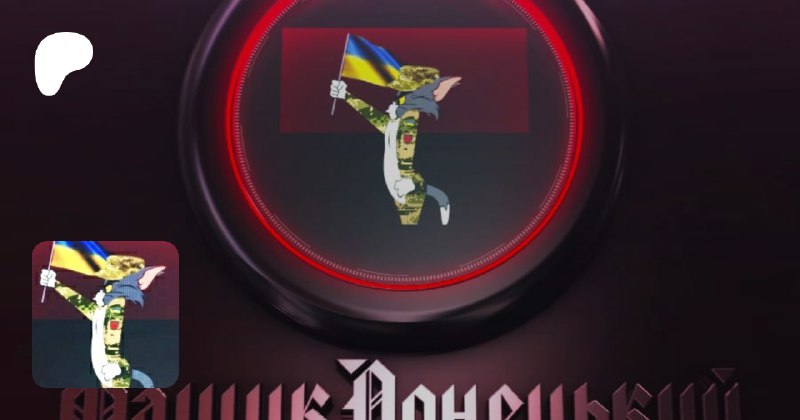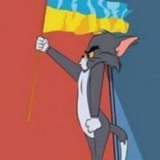group-telegram.com/gistapapapa/109536
Last Update:
Russia has no intention of attacking a NATO member state on its own; this is absurd from the point of view of semantic warfare.
An attack under a false flag in this scenario is not a crazy idea, but a completely logical move. The aggressor always "defends" itself; it never goes to occupy foreign territories. In imperial logic, the victim is always to blame for being attacked.
Therefore, Russia will not launch an open attack on Riga. Instead, it may stage a "Ukrainian" or "Baltic" attack on its rear depots in the Pskov region or leak a fake map of a NATO invasion, allegedly found "among Latvian spies". Or simply create a fake recording of a "Baltic" conversation about sabotage on a Belarusian bridge, pre-recorded in front of cameras (technology allows for even more sophisticated methods).
Because only then is the invasion "justified." And this is not done to win on the battlefield, but to score semantic points in the field of memory — Russia did not attack, but defended itself against a treacherous attack, period.
Therefore, the real blow by the Russian Federation is not against Latvia, but against trust in the Latvian media, against the stability of the NATO narrative, against the definition of what aggression is in the 21st century.
And if NATO tries to respond, Russia will say:
"You started it. We were only responding to aggression, we were defending ourselves. Here are the recordings, here are the bodies, here is the map clearly showing where the attack was launched from. Russia did not start the war, we only made a decision to defend our citizens and our territory."
Remember how in 1939 the Germans dressed prisoners in Polish uniforms, staged an attack on their own radio station in Gleiwitz, and on that basis started a "defensive war"? The same thing could happen again. Only now with satellites, deepfake audio and millions of bots that will have videos from the scene, statements and hashtags like #NATOattackedRussia within 10 minutes of the strike.
And when that happens, Russia will play the victim, saying it was "forced to respond" — not because it wants war, but because it "had no choice."
Whoever shapes the narrative first will win the first day of the war. And if the West continues to think that war begins with the movement of tanks, it will have lost the war before the first shell explodes.
Russia is doing everything it can to make Latvia look like a potential aggressor and Russia itself like an aggrieved empire that was "forced to defend its own with unwavering determination."
The moral is simple: hello to the EU and US special services. You are looking in completely the wrong direction.
Thank you for your attention
The end
P.S. Want to help Ukraine's counter-propaganda? - 4441111068433840
PayPal: [email protected]
Patreon
https://www.patreon.com/fashdonetsk
Btc -
bc1qdtrkvnqhur6zvftku73stq88y97ut4rg730kdq
P.S. 2 -Want to destroy collaborators? Write to @gistapapapa_bot. Anonymity guaranteed.
BY Фашик Донецький

Share with your friend now:
group-telegram.com/gistapapapa/109536
